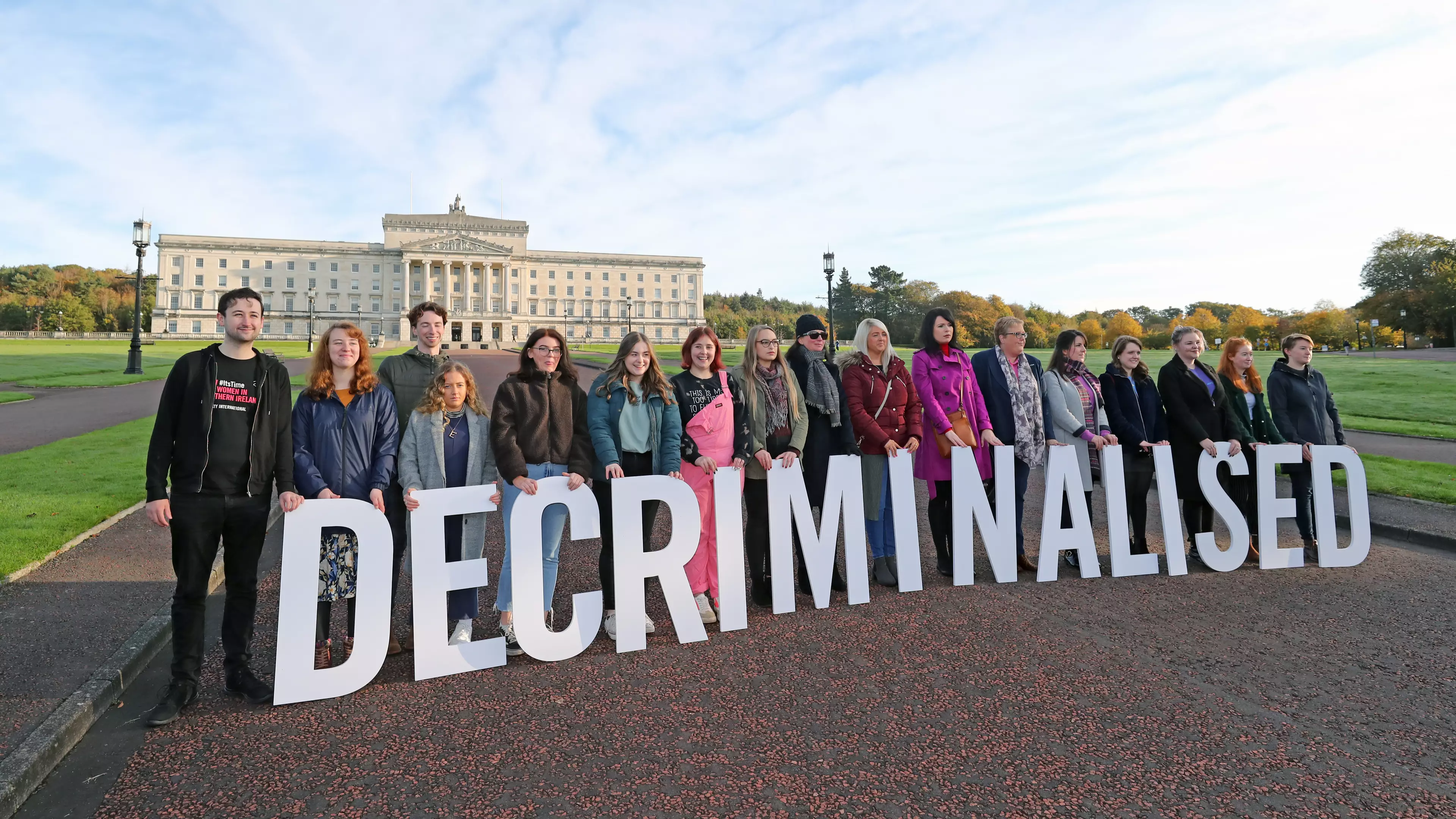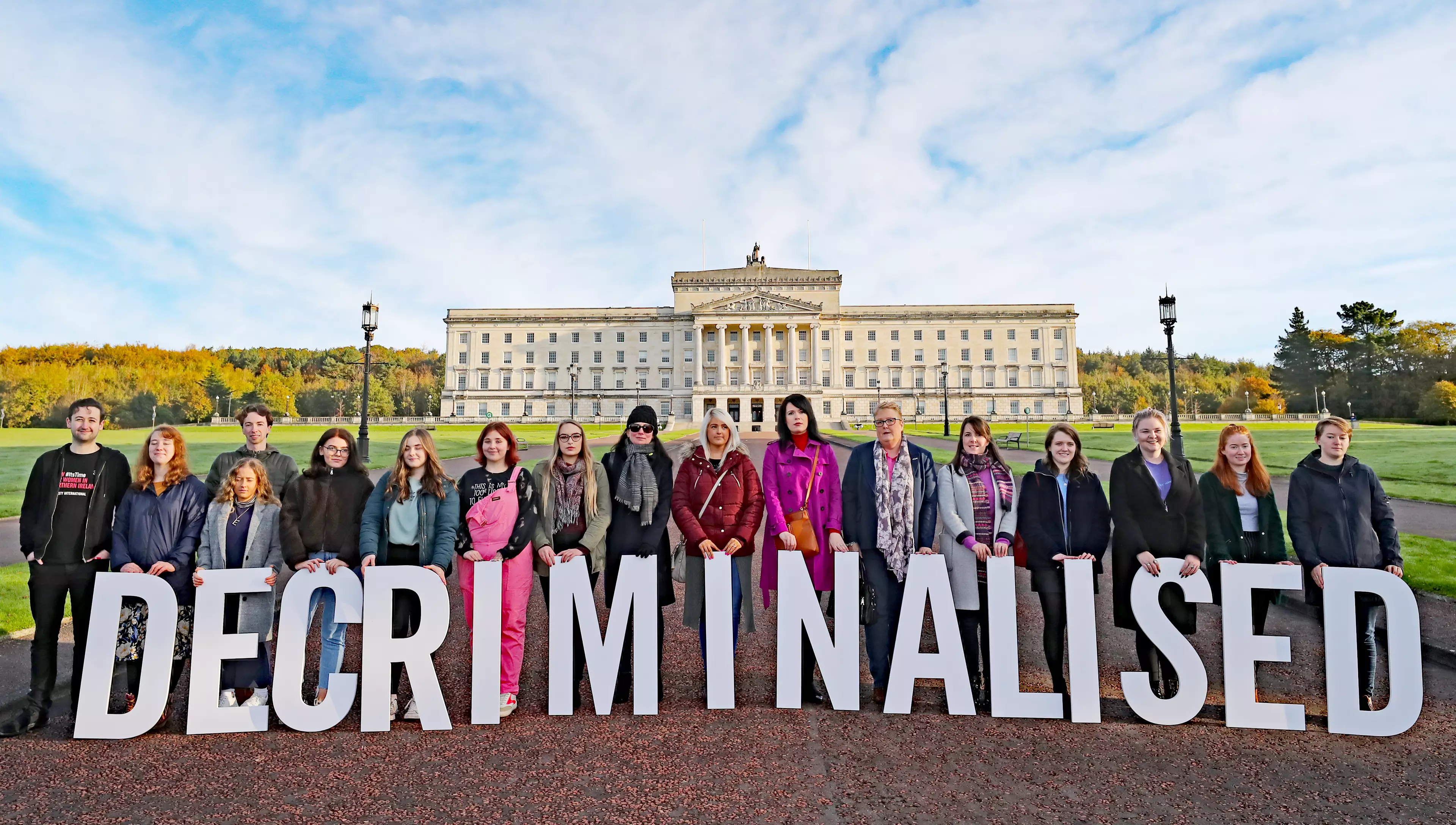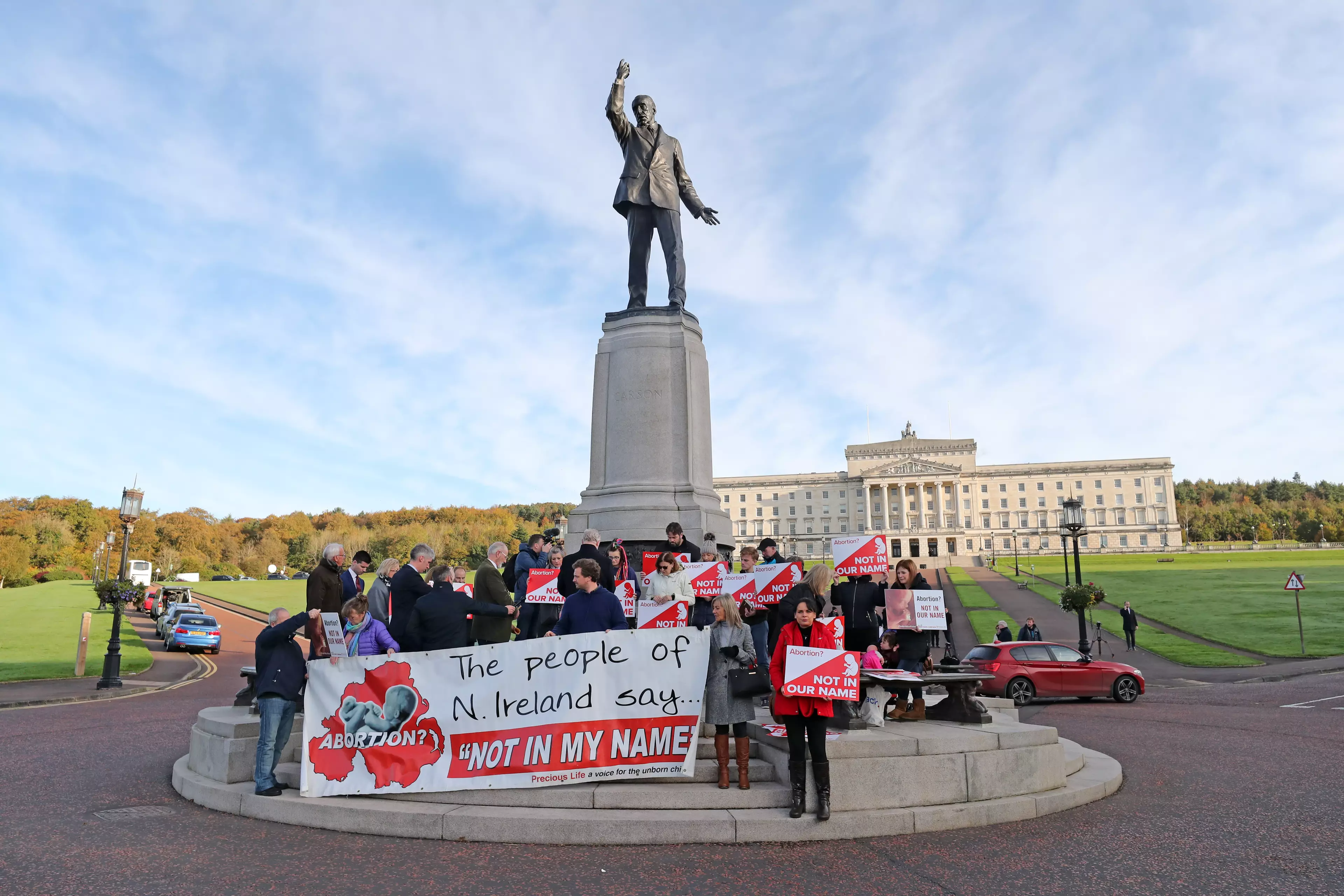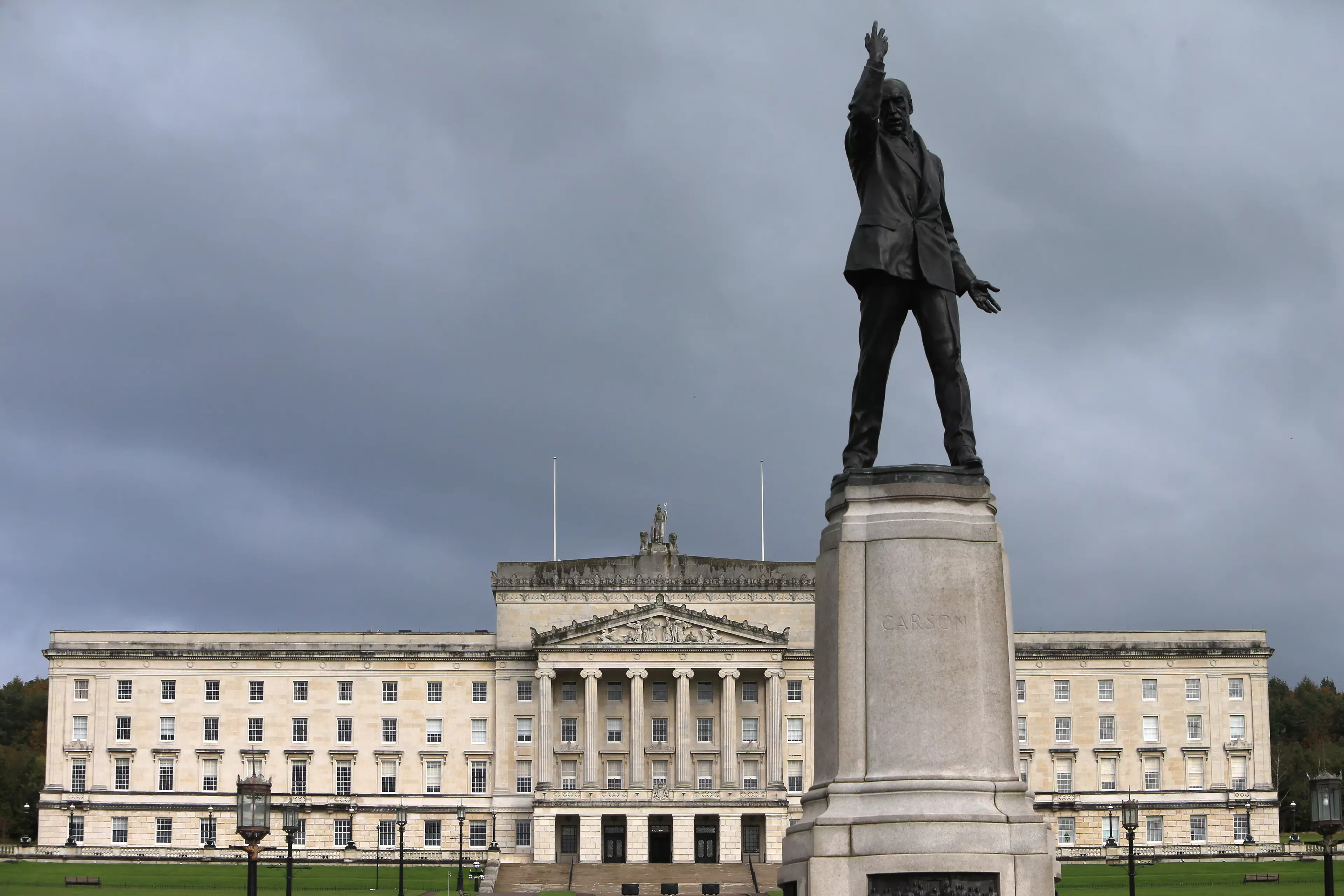
Same-sex marriage and abortion will become legal in Northern Ireland for the first time ever at midnight tonight (Monday 21 October).
The changes bring Northern Ireland into line with the rest of the United Kingdom and were brought into effect by backbench MPs who amended a routine House of Commons bill on Northern Irish governance to pass the legislation.
The same-sex marriage amendment was proposed by Labour MP Conor McGinn, who is originally from Armagh, then his Labour colleague Stella Creasy MP proposed that abortion should also be decriminalised at the same time.
Advert
Both amendments then passed through the House of Commons with significant majorities.

That means that - while the Northern Ireland Assembly cannot form an executive - the bill would become law at midnight on 21 October 2019.
Last month, the High Court in Belfast ruled that Northern Ireland's abortion law was in breach of the UK's human rights commitments. Previously, abortion was only permitted if there was risk to a woman's life, or permanent and serious damage to her mental or physical health.
Advert
That meant that previously, instances of rape, incest or fatal fetal abnormality - where a child will die before, during or shortly after birth - were not legal.
Pro-choice campaigners have hailed the move as a 'watershed moment' that brings the law in the six counties into line with not only the rest of the UK, but also the Republic of Ireland.
However, the legislation has also been met with significant criticism from pro-life and religious groups who - among other things - argue that the changes are being imposed on Northern Ireland without those who live there having voted on it.

Advert
Under the rules of the Assembly, power must be shared in a mandatory coalition between the two largest parties in Northern Ireland, Sinn Féin and the Democratic Unionist Party (DUP).
In truth, the refusal of the DUP - a pro-life party - to compromise with Sinn Féin - which is pro-choice - and form an executive in Stormont has allowed the legislation from Westminster to pass.
Whether Sinn Féin would have agreed to re-form the Northern Ireland Assembly under such circumstance cannot be known.
The DUP gained the signatures of enough MLAs to recall the assembly, but many members will not return and the DUP cannot sit alone, so it will be a symbolic act of protest.
Advert
DUP leader Arlene Foster said that she hoped that the Assembly could sit and added: "Hopefully we will be able to debate the issue."

She will be joined by the members of several other unionist politicians, but non-unionists will mostly stay away.
A spokesperson for Sinn Féin said the whole thing was "a pointless political stunt which has literally no impact, unless its business is to appoint an executive who does have the power to effect legal change".
Advert
Stephen Farry, an Alliance MLA, told BBC News: "I'm profoundly uncomfortable that the first time people are making an effort to have the assembly reconvened is to discuss how we can deny people rights."
Stormont has not sat since 2017 because no power share has been agreed.
Featured Image Credit: PATopics: World News, UK News